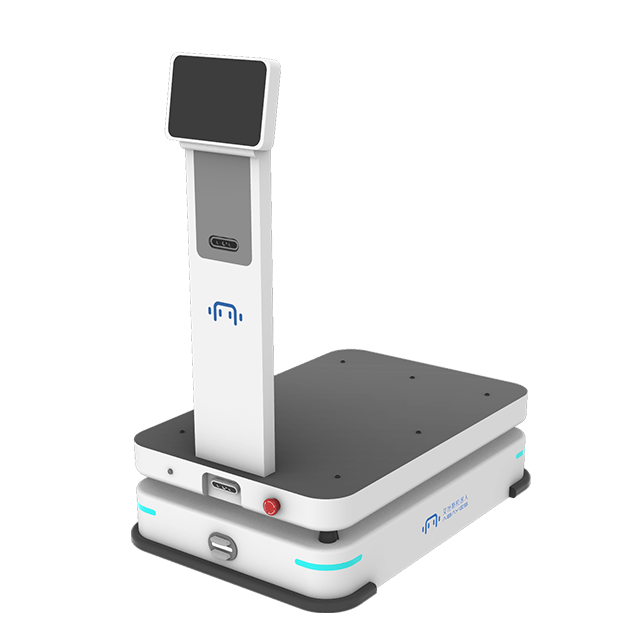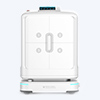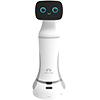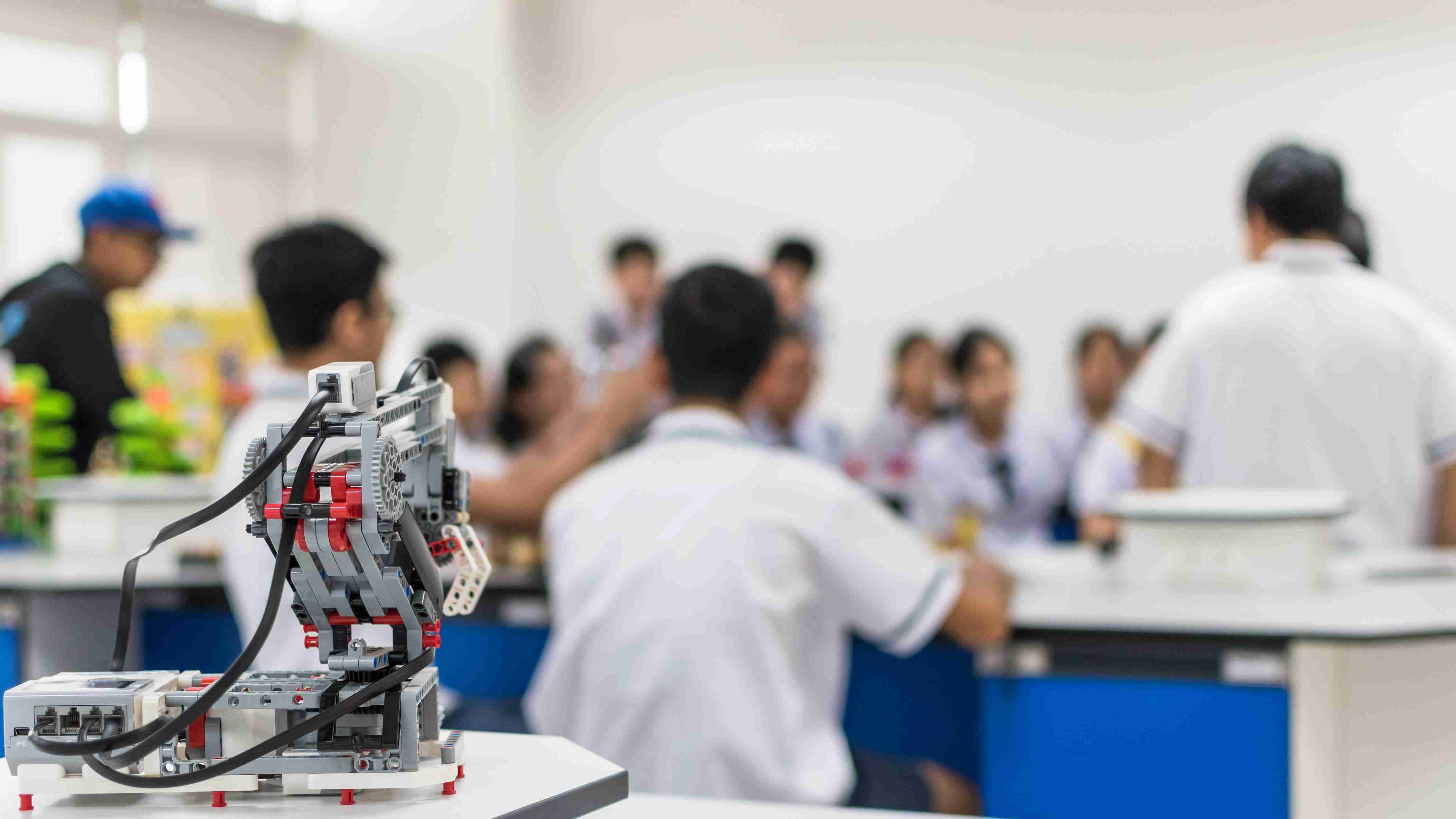Pain points in the scenario:
- Personalized Education Challenge: Scientific research education involves complex knowledge systems, and students have diverse needs and learning paces. Achieving personalized education is a challenge.
- Interaction and Engagement: Scientific research education requires active student participation, but traditional teaching methods may lack sufficient interactivity to stimulate student interest.
- Resource Shortages: Scientific research education demands ample experimental and research resources, but schools may be unable to provide enough equipment and materials, affecting students’ practical skills development.
Implementation Challenges:
- Personalized Education Challenge: Scientific research education involves complex knowledge systems, and students have diverse needs and varying learning paces. Achieving personalized education is a challenge.
- Interaction and Engagement: Scientific research education requires active student participation, but traditional teaching methods may lack sufficient interactivity to stimulate student interest.
- Resource Shortages: Scientific research education demands ample experimental and research resources, but schools may be unable to provide sufficient equipment and materials, affecting the development of students’ practical skills.
Solutions:
- Personalized Learning: Utilizing intelligent algorithms to provide personalized learning paths and content based on students’ learning styles, interests, and levels, meeting the diverse needs of students.
- Interaction and Immersive Experience: Integrating Virtual Reality (VR) and Augmented Reality (AR) technologies to create immersive learning environments, stimulating student interest and engagement.
- Experiment Simulation and Data Analysis: Leveraging simulation technology to allow students to conduct experiments in virtual environments while providing data analysis and result interpretation, fostering research thinking and practical skills.
- Knowledge Graph and Semantic Analysis: Establishing a knowledge graph and employing semantic analysis technology to present complex scientific research knowledge in easily understandable graphics and expressions.
Highlights of the Solution:
- Personalized Intelligent Tutoring: Smart education robots can offer customized learning guidance and recommendations based on students’ learning progress and needs.
- Learning Across Time and Space: Through online platforms, students can engage in learning anytime, anywhere, transcending the constraints of time and location.
- Practical Skill Development: Leveraging simulation technology, students can conduct experiments and research in virtual environments, fostering their research and practical skills.
- Knowledge Sharing and Collaboration: Robots can facilitate knowledge sharing and collaboration among students, helping them learn from and support each other in research.
- Emotional Intelligence: Robots can recognize students’ emotions and feelings, providing appropriate support and encouragement to enhance the learning experience.




